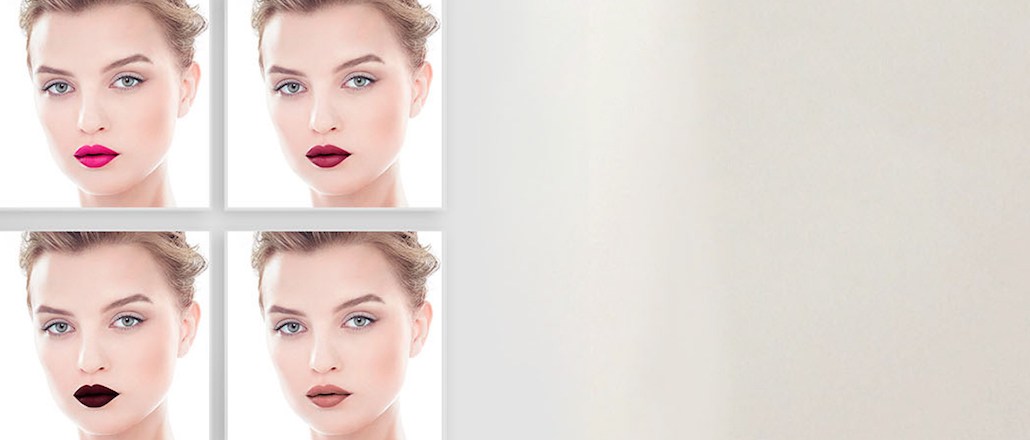Save 50% on a 3-month Digiday+ membership. Ends Dec 5.

With L’Oréal’s Makeup Genius app, curious drugstore beauty customers can try a bold smoky eye without making a purchase. Through Urban Decay’s Vice Lipstick app, the more adventurous can try on lipstick shades in Jawbreaker (a bright purple), Heroine (a dark blue) and Trick (a metallic gold) before buying. Anyone contemplating a new hair color can download Conair’s Virtual Hairstyle Makeover app to test out shades before hitting the dye bottle. This app’s hairstyle feature can also answer the persistent question, “should I get bangs?”
Augmented reality has infiltrated beauty, with individual brands like L’Oréal and Covergirl and retailers like Sephora and Ulta releasing apps that lay products over faces of customers willing to download and try them out. And while each app claims a unique approach, 46 of these hair, beauty and skincare brands have one thing in common: Their augmented reality experiences are powered by technology company Modiface.
To read the rest of this story, please visit Glossy.
More in Marketing

Ulta, Best Buy and Adidas dominate AI holiday shopping mentions
The brands that are seeing the biggest boost from this shift in consumer behavior are some of the biggest retailers.

U.K. retailer Boots leads brand efforts to invest in ad creative’s data layer
For media dollars to make an impact, brands need ad creative that actually hits. More CMOs are investing in pre- and post-flight measurement.
Ad position: web_bfu